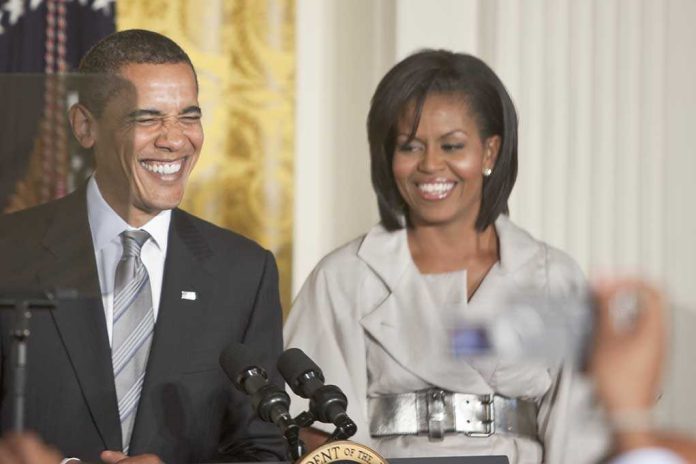
The House Oversight Committee’s latest document release reveals a stunning invitation: Jeffrey Epstein was invited to a Democratic fundraising dinner, raising questions about political transparency and accountability.
Story Highlights
- Jeffrey Epstein was invited to a dinner with Hakeem Jeffries and Barack Obama.
- No evidence exists that Epstein attended or responded to the invitation.
- Hakeem Jeffries denies any contact or donations from Epstein.
- The release of these documents fuels ongoing scrutiny of elite networks.
Epstein’s Invitation to the Dinner
Newly released emails from the House Oversight Committee have revealed that Jeffrey Epstein, a convicted sex offender with extensive social and political connections, was invited to a Democratic fundraising dinner.
The invitation, sent by a firm working with House Minority Leader Hakeem Jeffries, sought to include Epstein in an event attended by lawmakers and former President Barack Obama. Despite the solicitation, there is no evidence that Epstein responded, attended, or made any contributions.
This revelation comes as part of a broader investigation into Epstein’s potential political influence. The documents highlight the extent to which political fundraising efforts can reach, sometimes without thorough vetting of potential donors.
Hakeem Jeffries, often referred to as “Brooklyn’s Barack,” has firmly denied any interaction or financial involvement with Epstein, emphasizing that he never met or communicated with the disgraced financier.
Political Fallout and Implications
The release of these emails has intensified scrutiny on Democratic leaders, particularly at a time when public trust in political institutions is fragile. The Democratic Party faces increased pressure to demonstrate transparency and accountability, especially regarding campaign finance practices.
The implications are profound, as the public debates the ethical considerations of such solicitations, even in the absence of direct contact or contributions.
In the short term, this development has led to heightened media attention and a potential reputational risk for those named in the documents. Long-term effects may include calls for reform in political fundraising practices and a push for clearer disclosure requirements to prevent similar controversies in the future.
Ongoing Investigation and Public Reaction
The Department of Justice is preparing to release additional unclassified documents related to Epstein, following legislative action demanding greater transparency. These documents are expected to shed more light on Epstein’s connections and potential influence among political elites.
As the 30-day deadline for the release approaches, public interest remains high, with many eager to understand the full extent of Epstein’s reach.
The unfolding of these events underscores the complex dynamics between political fundraising and accountability. As more information comes to light, the debate over elite networks and their impact on political processes is likely to intensify, urging both parties to reevaluate their approach to donor vetting and transparency.
Sources:
WJAC-TV: Reporting on the release of Epstein files and the invitation to Jeffries
The Washington Times: Coverage of the solicitation email and Jeffries’ response











